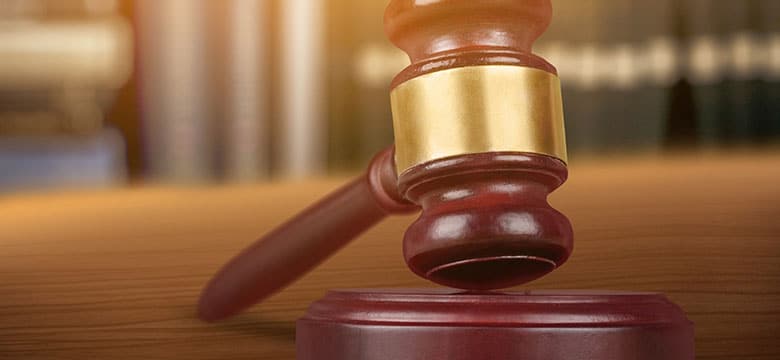Get Your 100% Free
Debt Relief Consult
What Happens at a Wage Garnishment Hearing?

When you can’t pay your bills, creditors will do whatever they can to collect debts owed to them. If you’re working, they may seek to garnish your wages. Should this happen, you have the right under Ohio law to ask the court for a wage garnishment exemption hearing to try and stop the garnishment, or at least limit how much money the creditor can take. In such a difficult financial situation, it can be highly advantageous to have an Ohio consumer law attorney on your side during the garnishment process.
At Luftman, Heck & Associates, our debt relief lawyers have helped many people who are facing wage garnishment and other debt collection procedures. We will advocate for you and also discuss possible alternatives to garnishment that may be available. To schedule a free evaluation of your case, contact us today at (888) 726-3181.
Wage Garnishment Exemption Hearings
If you’ve received a demand letter notifying you about wage garnishment, you might be considering asking for a wage garnishment hearing. You can ask for a hearing by filling out the applicable forms with the court that issued the garnishment order. Be sure to do it within five days of the date on the demand letter, or you could lose your right to a hearing. The court will notify you of the date and time of your hearing.
Whether you will be successful at the hearing in stopping or limiting the garnishment will depend on proving to the court that you are exempt. Some situations in which you might be able to claim a wage garnishment exemption include:
- You are the head of your household and the primary breadwinner
- You’ve already paid off the debt
- The creditor is trying to garnish too much of your wages
- The creditor failed to send a demand letter
- You have repayment arrangements with the creditor and have complied with them
- All or part of your income comes from exempt sources such as Social Security, retirement, or child support
- You’re filing for bankruptcy
You’ll need to show documentation at the hearing to help prove your exemption claim. Depending on what exemption you claim, documentation might include paystubs from your job, documents from exempt sources, tax forms, receipts from the creditor showing payments you’ve made on the debt, or documentation showing you’ve filed for bankruptcy.
The judge will either find for you or against you. If the judge finds in your favor, they will either stop the garnishment or reduce the amount garnished, depending on your particular circumstances. If they find against you, the garnishment will proceed.
Stopping Garnishment through Bankruptcy
When your wages are garnished, the 15-day demand letter you receive will lay out several ways to avoid such action. They include paying the debt in full, appointing a trustee through the court who will receive your check and make payments, and paying the creditor the amount that would be garnished during each pay period.
If you are deeply in debt and it’s not possible for you to make these payments, bankruptcy is another option that will put a hold on wage garnishment. Once you file a petition, the bankruptcy court will issue a stay, and creditors cannot garnish your wages or harass you for payment. However, filing for bankruptcy can have serious consequences, including potential property loss and a long-term impact on your credit. An experienced attorney can answer your questions about bankruptcy and offer knowledgeable advice about the best financial recovery options for your situation.
Consult with an Ohio Consumer Law Attorney
The emotional stress caused by too much debt and consequent debt collection actions is very real. You don’t have to face it alone. At Luftman, Heck & Associates, Ohio consumer law attorney Jeremiah Heck is committed to helping people like you who are facing financial distress. Contact us at (888) 726-3181 today for a free consultation.
